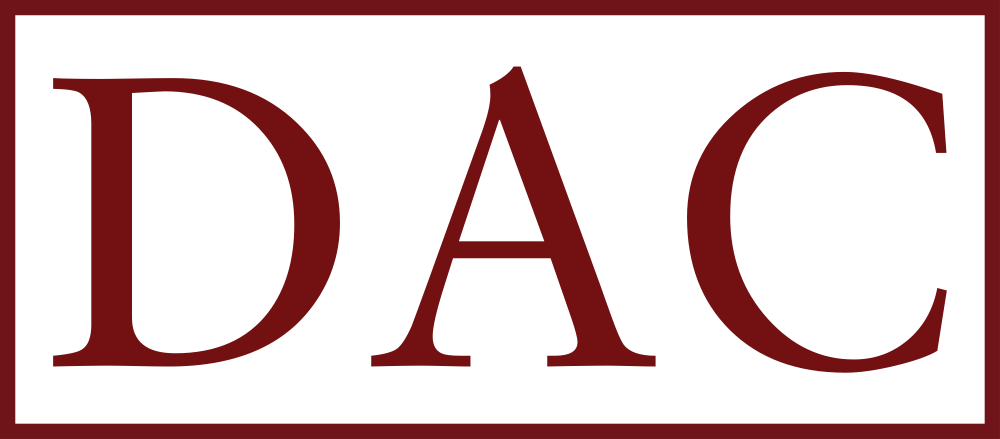China Datang Corp. and Baoding Tianwei Yingli New Energy Resources Co. are among Chinese companies showing signs of financial stress that face $12 billion of bond payments this year.
The number of publicly traded firms based in China with net losses, falling revenue and net debt more than 150 percent of equity jumped to 49 as of Dec. 31 from 38 a year earlier, according to data compiled by Bloomberg. Tianwei Yingli, with notes due in October, is among the riskiest borrowers, according to China International Capital Corp.
“We may see more onshore bond defaults in the second half, helping weed out the weakest companies,” said Wang Ying, an analyst at Fitch Ratings Ltd. in Shanghai. “It’s the price China should pay to restructure the economy.”
The number of companies facing financial strain is rising as demand wanes in China, with data on Tuesday showing cooling consumerprice inflation and a record stretch of factorygate deflation. Credit rating companies are scanning troubled borrowers to see who can get bailouts or loans from state banks as Premier Li Keqiang allows the first onshore bond defaults.
Debt Deadlines
Among the 24 companies with debt due by the yearend, Aluminum Corp. of China Ltd. has seven bonds due. There was no answer in two calls to Yuan Li, Chalco’s Beijingbased spokesman. Two calls to Wang Xin, China Datang’s Beijingbased spokesman, seeking comment also went unanswered.
“The risk of Chalco and Datang defaulting is low given their strong stateowned enterprise background,” said Fitch’s Wang.
By contrast, Tianwei Yingli’s parent Yingli Green Energy Holding Co. said last month there’s “substantial doubt” about its ability to stay in business. The unit may face “big repayment risks” when 1 billion yuan of bonds come due in October, according to CICC.
“We again emphasize our capability of repaying,” Wang Yiyu, chief financial officer at Yingli Green Energy, said in response to questions. The funds will mainly come from proceeds of as much as 900 million yuan after selling land, Wang said. “We’re actively evaluating many feasibility plans with banks, funds and governmental agencies.”
‘More Defaults’
Among the financially stressed firms, Shanxi Coal Import & Export Group Co. faces the first deadline. The coal trading company,whose issuer outlook was changed by China Lianhe Credit Rating Co. to negative from stable in March, has 2 billion yuan of bonds due on Thursday. Two calls to the company weren’t answered today.
“We do expect more defaults in the second half,” said Lawrence Lu, an analyst at Standard & Poor’s in Hong Kong. “The economy is slowing down and operating conditions are challenging for companies in some sectors, such as mining, property development and solar.”
In addition to the 24 companies with bonds maturing before Dec. 31, three firms may have to buy back a total of $975 million of notes by the end of this year if investors exercise sales options. Among the three, Henan Yinge Industrial Investment Holding Co.’s rating was cut from A to BBB+ by Pengyuan Credit rating Co. in April, citing the paper maker’s risng debt burden.
The average yield premium on sevenyear AA corporate bonds over sovereign notes has widened 10 basis points this month to 275, according to Chinabond data.
Premier Li is shifting the economy toward slow expansion focused on consumption rather than traditional smokestack industries. Guangxi Nonferrous Metals Group Co., which mines tin, zinc and tungsten, may not be able to repay 1.3 billion yuan of principal and 62.92 million yuan of interest on its 4.84 percent notes maturing June 13, it said in a June 8 statement.
Four companies have now reneged on onshore notes including power equipment maker Baoding Tianwei Group Co. in April, the first state enterprise to default. Zhuhai Zhongfu Enterprise Co., a bottle maker for CocaCola Co., only repaid a portion of bonds due last month. Kaisa Group Holdings Ltd. became the first Chinese developer to miss payments on its U.S. currency debt in April.
‘Zombie Companies’
“For the size of the economy, the size of the corporate credit market, I’m still surprised” that there haven’t been more defaults, said Philip Groves, founder of Chicagobased DAC Management LLC, which has invested $435 million primarily in Chinese distressed assets.
The central bank has sought to revive the economy with three reductions to the benchmark interest rate since November. Producer prices fell 4.6 percent in May from a year earlier and consumer prices gains slowed to 1.2 percent, making it harder to generate profits to repay loans. Chinese lenders were saddled with 110.4 billion yuan of bad loans on March 31, 1.4 percent of total lending, the highest delinquency ratio since 2010.
“The PBOC has responded by easing credit conditions, which is likely to boost excess capacity by keeping ‘zombie’ companies in business,” Ed Yardeni, an investment strategist who previously worked at the Federal Reserve in New York and Washington, said in a report on June 3. That may further worsen deflationary pressures, he said.

